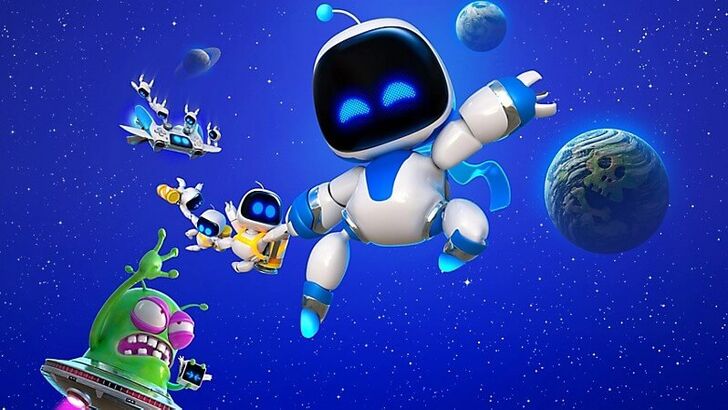
PlayStation Co-CEO Hermen Hulst: AI in Gaming – A Revolution, But Not a Replacement
Hermen Hulst, co-CEO of PlayStation, recently shared his perspective on the role of artificial intelligence (AI) in the gaming industry. While acknowledging AI's potential to revolutionize game development, he emphasizes the irreplaceable value of the "human touch." This comes amidst PlayStation's 30th-anniversary celebrations, reflecting on the company's journey and future direction.
Hulst, in an interview with the BBC, stated that AI will significantly impact game creation, streamlining processes and potentially automating mundane tasks. However, he firmly believes that the creative core of game development, the artistic vision and emotional resonance, will remain firmly in human hands. This sentiment is particularly relevant given recent controversies surrounding the use of generative AI to replace voice actors, a trend highlighted by the ongoing strike impacting game development.
Market research from CIST indicates widespread AI adoption within game studios. Sixty-two percent of surveyed studios utilize AI for tasks such as rapid prototyping, concept design, asset creation, and world-building. Hulst anticipates a dual demand in the future: AI-driven innovation alongside handcrafted, meticulously designed content. This suggests a future where AI serves as a powerful tool to enhance, not replace, human creativity.
PlayStation itself is actively involved in AI research and development, possessing a dedicated Sony AI department established in 2022. This investment aligns with the company's broader ambitions beyond gaming, including expanding into film and television. Hulst cited the ongoing adaptation of God of War (2018) into an Amazon Prime series as an example of this strategy. The potential acquisition of Kadokawa Corporation, a major Japanese multimedia conglomerate, further underscores PlayStation's pursuit of diversification and expansion into broader entertainment sectors.
Reflecting on PlayStation's past, former PlayStation chief Shawn Layden described the PlayStation 3 era as an "Icarus moment," where ambitious technological goals nearly overwhelmed the team. This experience led to a refocusing on core principles, prioritizing the gaming experience above all else. The subsequent PlayStation 4's success, Layden suggested, stemmed from a conscious decision to build "a kick-ass game machine" rather than a multimedia hub, contrasting with competitors' strategies. This narrative highlights the enduring importance of a clear, focused vision in navigating the complexities of the ever-evolving gaming landscape.















